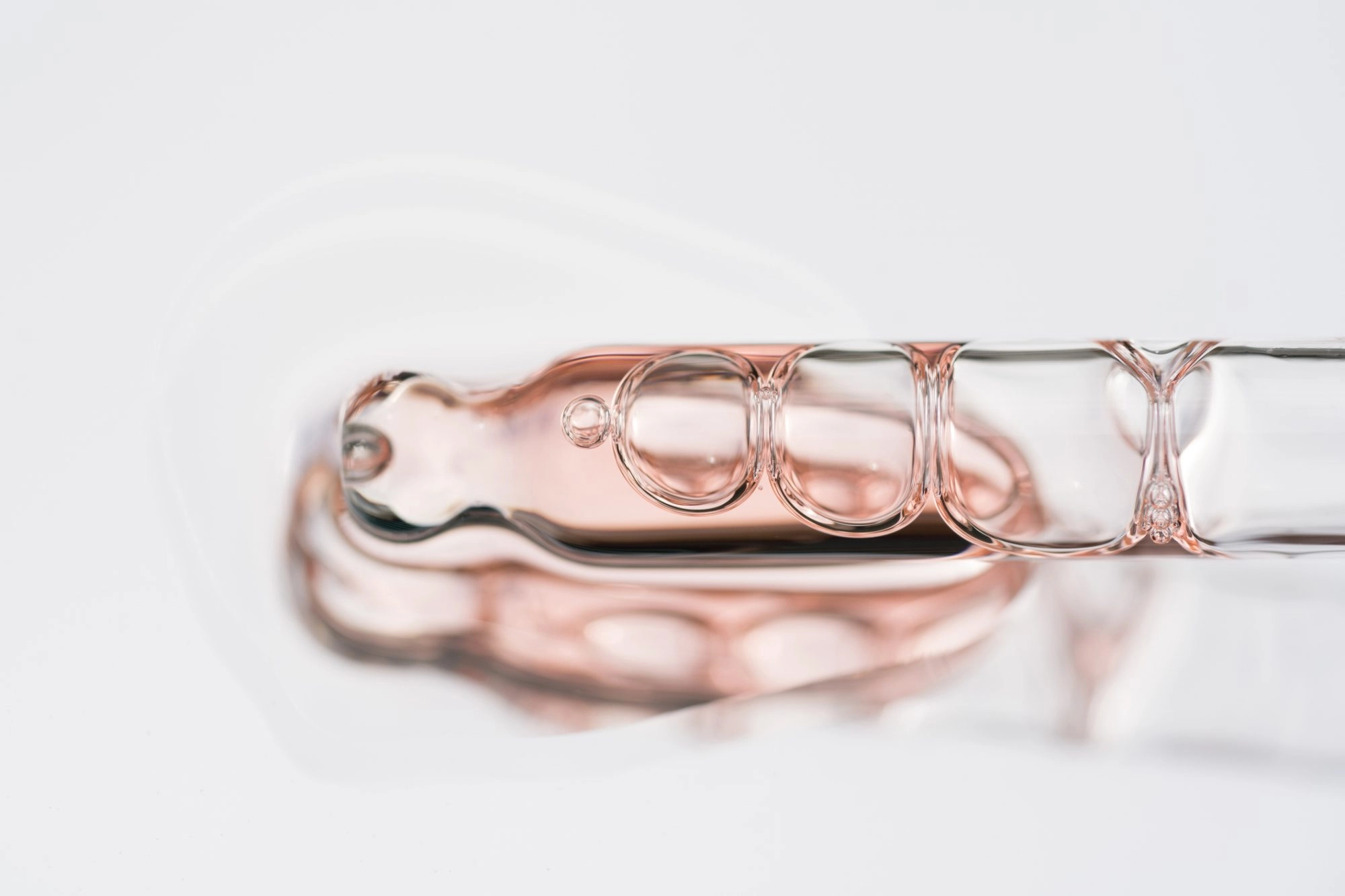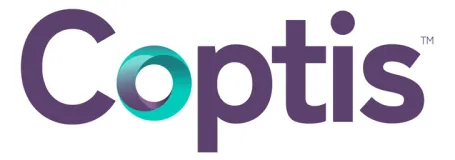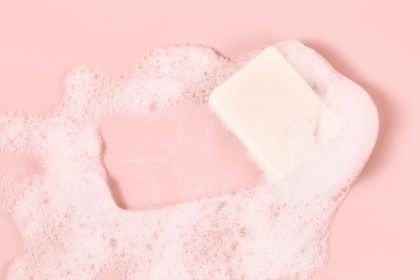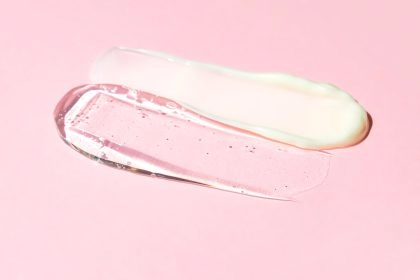The influencer beauty brand era needs quick-to-market solutions and Coptis can help
The buzziest beauty brands in the world today have famous faces behind them. According to influencer marketing platform Traackr, last year’s top 20 beauty brands list, ranked by visibility, engagement and trust on social media, was dominated by celebrity and influencer brands.

These included Selena Gomez’s Rare Beauty, Kylie Jenner’s brand Kylie Cosmetics, Fenty Beauty from Rihanna, and Huda Beauty from Huda Kattan, who initially gained fame as a makeup artist and beauty blogger.
Charlotte Tilbury, r.e.m. Beauty from Ariana Grande, MUA Mario Dedivanovic’s MakeUp By Mario, Rhode Skin by Hailey Bieber, and Summer Fridays – co-founded by fashion and wellness influencer Marianna Hewitt – also made Traackr’s list.
Not only are the lines between influencer and celebrity blurring – with musicians including Gomez and Rihanna lauded as Instagram tastemakers, and TikTok content creators like Addison Rae transitioning into popstardom – cosmetics, skincare, and haircare are also emerging as favored pet projects for the rich and famous.
Many top beauty influencers already have established brands to their name. Jeffree Star launched his eponymous makeup brand back in 2014. James Charles unveiled Painted to much fanfare in 2023. Nikkie de Jager (aka NikkiTutorials) has skincare and makeup brand Nimya, and Jackie Aina boasts a lifestyle label called Forvr Mood.
But the launches keep on coming – American social media influencer Mikayla Nogueira is the latest beauty content giant to bring out a beauty line. Point Of View, her direct-to-consumer skin prep brand, debuted this March.
Of course, for every winner there is a loser, as evidenced by Addison Rae’s discontinued Item Beauty and Nikita Dragun’s ‘on hiatus’ brand Dragun Beauty. Even brands with the starriest names behind them risk bombing, as supermodel Kate Moss knows all too well. This summer, her wellness line Cosmoss went into liquidation just three years after launching.
However, the fate of Cosmoss does not appear to be putting celebrities off. Hips Don’t Lie songstress Shakira launched hair care label Isima this summer, joining the likes of Beyoncé and Blake Lively, who’ve also put their money behind haircare.
And among the beauty influencer crowd, Alix Earle, famous for her #GRWM TikTok videos, has expressed interest in eventually bringing out her own line, suggesting the cosmetics industry can expect to see more superstars putting their names to beauty brands going forward.
But with a famous face not necessarily a guarantee of sales, is there a recipe for success for celebrity and influencer labels? And what does this mean for the cosmetics manufacturers behind their vision – especially formulators?
Some of the secret sauce behind successful beauty brands – celebrity or otherwise – is far out of service providers’ hands and relies on the individual’s community plus the visible time, effort, and passion invested by the name behind the brand.
Again, there is not much the formulator can do to rescue a beauty brand that doesn’t appear to align with the values or public persona of a star. While the industry was welcoming of Dwayne ‘The Rock’ Johnson’s Papatui, which aims to help boost self-confidence in young men with products donated to at-risk or less privileged youth groups, eyebrows were raised when Brad Pitt launched the luxurious Le Domaine Skincare in 2022, with critics dismissing it as ‘buzzy’. Tellingly, the brand has since been reimagined as Beau Domaine with environmentally-friendly packaging, much more in line with the actor’s personal ethos.
However, beyond initial hype, the long-term success for such brands pivots on the quality of the products and whether or not they represent innovation – and here is where the role of the formulator is invaluable. Take Mikayla Nogueira’s Point Of View, for example, and its line-up, which includes Glaze It (a tacky primer) and Whip It (a hydrating whipping cream). Not only do these textures offer sensorial appeal, they provide a visual experience too, inviting consumers and other content creators to include the products in their own videos.
Powerful and/or unique ingredients can also elevate a star’s brand above the extensive competition. The standout product in Beyoncé’s haircare brand Cécred is Fermented Rice & Rose Protein Ritual, which harnesses the benefits of traditional Asian fermented rice water for hair strengthening and length protection, while Rhode’s Peptide Lip Shape incorporates volume-enhancing skincare ingredients for a creamier and more seamless result than traditional lip liners.
But for professionals to deliver exceptional cosmetic formulas, they require the freedom to fully focus on the job at hand – easier said than done under today’s tight deadline constraints. This is why selecting the right Product Lifecycle Management (PLM) system is essential.
Coptis Software Solutions’ PLM helps free up formulators from necessary yet time-consuming, low-value-added tasks, enabling them to focus on the essentials: ensuring product safety and compliance, keeping up with market trends, and meeting deadlines while constantly innovating to stay competitive.
By making data more reliable and streamlining processes, PLM lets formulators prioritize developing innovative formulations faster and more confidently, satisfying even the most demanding of A-list clients.
Wave goodbye to manual document generation, calculations and non-compliance alerts. Coptis’ technology reduces specific manual and time-consuming steps, freeing up time for higher value-added activities such as formulation innovation.
Additionally, PLM software centralizes, organizes, and tracks all stages of a product’s lifecycle, and connects all teams and departments involved in product development – from formulation and manufacturing to marketing and regulatory compliance.
The PLM tool archives all information, making it accessible to every team involved, so that objectives and data are aligned from the beginning of the project, which means everyone is meeting the same brief. The result is a clear brand narrative and aesthetic, which stands a better chance of aligning with and enhancing the creator’s public image.
To discover more about how Coptis PLM can help your business, contact our teams or request a demo.





